- East Paulding High School
- Science Department
-

Welcome!
Welcome to East Paulding High School Science department! Here we will provide information about the Science teachers, classes, programs, and organizations. The Science department strives to engage all students in active and participatory learning with the hopes of creating elite students, informed and engaged citizens, and life-long learners of science and everything that links to it in their lives.
Our Pledge:
Our pledge is that every teacher in the Science department is committed to trying his/her best to help your child grow as a student and a person. At the end of a school year, in addition to knowing more about the subject of a particular class, our students should be better at:- conducting research through multiple mediums
- constructing written arguments using supporting evidence
- determining fact from opinion
- determining the bias of information sources
- determining the main idea of an article, video or film
- engaging in discussion with peers
- enjoying the study of various areas of science
- explaining current events with scientific background
- keeping aware of community issues and concerns
- knowing how to be a focused and contributing group member
- planning for college and career life
- listening during discussions, lectures, group work, etc.
- planning and time management
- retaining information
- seeing the connection between subject matter and their lives
- speaking publicly to small or large audiences
- taking notes in class and at home
- taking tests and various formal assessments
- truly wanting to know more about class subjects
- using the internet critically and productively
- using libraries and computer labs effectively
- voicing opinions and ideas to community leaders
-
Note: All teachers are available for tutoring. Check with your teacher for their tutoring times. You can also see other teachers who teach the same subject for help.
Science Department

Angel Foster - ✉
Department Chair
Honors Biology
Biology
Zoology
Lisa Blackburn - ✉
AP Chemistry
Honors Chemistry
Chemistry
Emily Carroll - ✉
Biology
Environmental Science
Nikki Corn - ✉
AP Biology
Honors Biology
Honors Chemistry I
Joshua Dobbs - ✉
Chemistry I
Physical Science
Erin Fritsche - ✉
Honors Forensic Science
Forensic Science
Physical Science
Connie King - ✉
Environmental Science
Forensic Science
Shimyra Knowles - ✉
Honors Biology
Biology
Zoology
Felicity Martinez - ✉
Biology
Physical Science
Candy Raymond - ✉
Anatomy / Physiology
Honors Physics
Physics
Tameka Weeks - ✉
Chemistry I
Physics
-
Course Offerings Biology 
Curriculum includes more abstract concepts such as the interdependence of organisms, the relationship of matter, energy, and organization in living systems, the behavior of organisms, and biological evolution. Students will investigate biological concepts through experience in laboratories and field work using the processes of inquiry. Georgia Milestone - EOC Course
Required: Yes
Prerequisites: None
Credit: 1.0
Grades: 9Also Offered:
- Honors Biology
Chemistry 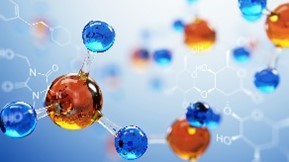
Curriculum includes more abstract concepts such as the structure of atoms, structure and properties of matter, characterization of the properties that describe solutions and the nature of acids and bases, and the conservation and interaction of energy and matter. Students investigate chemistry concepts through experience in laboratories and field work using the processes of inquiry.
Required: Yes / or
Prerequisites: None
Credit: 1.0
Grades: 10or Earth Systems
or Environmental ScienceAlso Offered:
- Honors Chemistry
Earth Systems 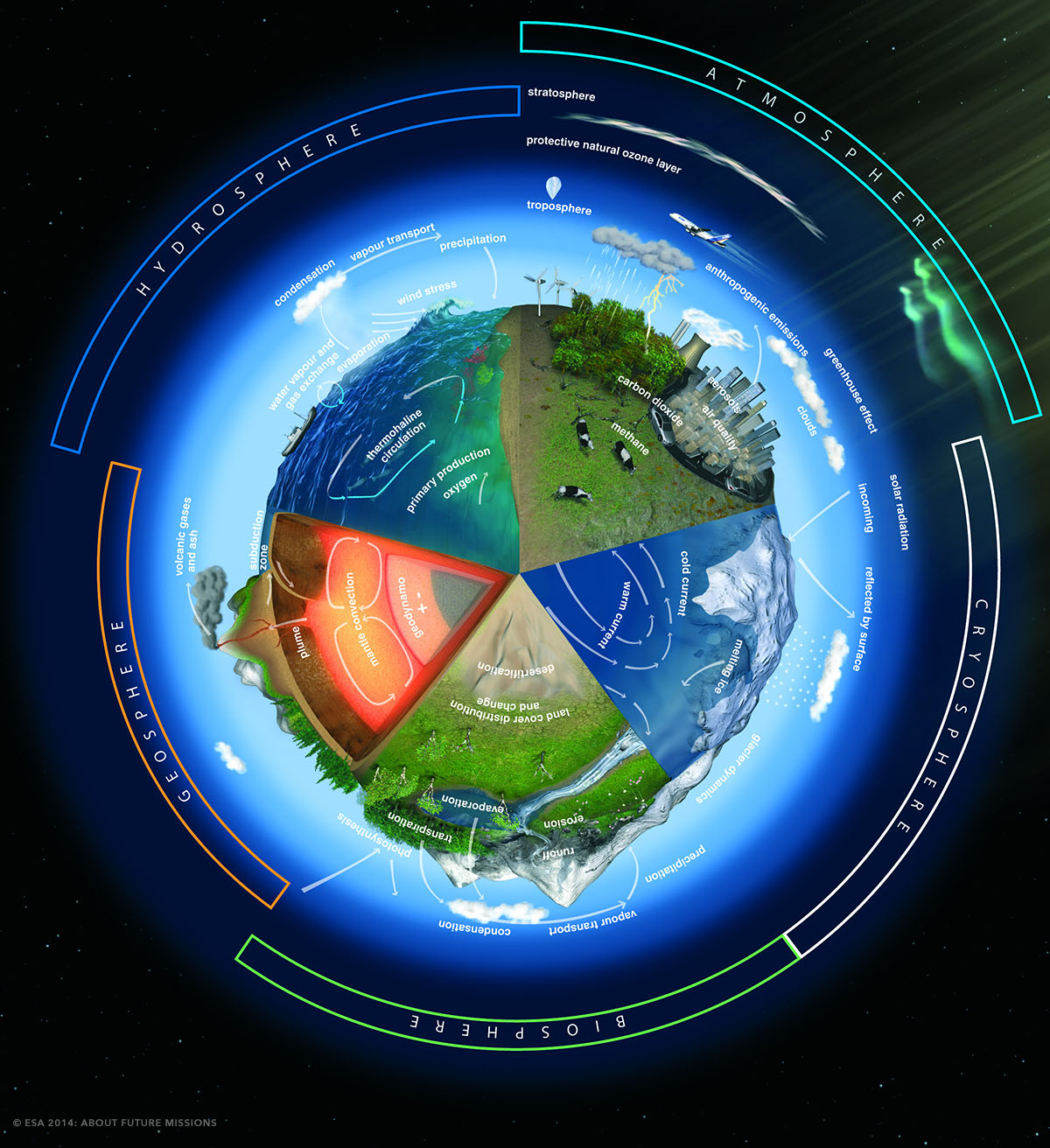
Curriculum investigates the Earth’s systems to include the atmosphere, hydrosphere, geosphere, and biosphere, landscapes, ecology, and resources. Develops the explanations of phenomena fundamental to the sciences of geology and physical geography, including the early history of the Earth, plate tectonics, landform evolution, the Earth’s geologic record, weather and climate, and the history of life on Earth.
Required: Yes / or
Prerequisites: None
Credit: 1.0
Grades: 10or Chemistry
or Environmental ScienceEnvironmental Science 
This curriculum is extensively performance, lab and field based. It integrates the study of many components of our environment, including the human impact on our planet. Chemistry, physics, mathematical, and technological concepts are integrated throughout the course.
Required: Yes / or
Prerequisites: None
Credit: 1.0
Grades: 10or Chemistry
or Earth Systems
Physical Science 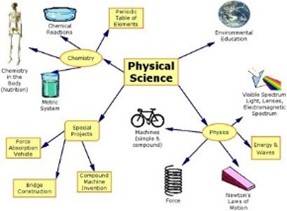
Curriculum is designed as a survey course of chemistry and physics. This curriculum includes the more abstract concepts such as the conceptualization of the structure of atoms, motion and forces, and the conservation of energy and matter, the action/reaction principle, and wave behavior. Students investigate physical science concepts through experience in laboratories and the processes of inquiry.
Required: Yes / or
Prerequisites: None
Credit: 0.5
Grades: 11or Physics
Physics 
Curriculum includes more abstract concepts such as interactions of matter and energy, velocity, acceleration, force, energy, momentum, and charge. This course introduces the students to the study of the correction to Newtonian physics given by quantum mechanics and relativity. Students investigate physics concepts through experience in laboratories and field work using the processes of inquiry.
Required: Yes / or
Prerequisites: None
Credit: 1.0
Grades: 11or Physical Science
Also Offered:
- Honors Physics
Anatomy & Physiology 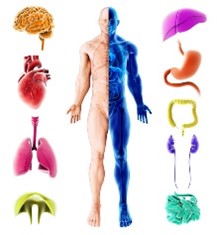
The human anatomy and physiology curriculum extensively performance and laboratory based. It integrates the study of the structures and functions of all human body systems, however rather than focusing on distinct anatomical and physiological systems (respiratory, nervous, etc.) instruction should focus on the essential requirements for life. Areas of study include organization of the body.
Required: Yes / or
Prerequisites: None
Credit: 1.0
Grades: 12or Forensic Science
or ZoologyForensic Science 
In this course students will learn the scientific protocols for analyzing a crime scene, how to use chemical and physical separation methods to isolate and identify materials, how to analyze biological evidence and the criminal use of tools, including impressions from firearms, tool marks, arson, and explosive evidence.
Required: Yes / or
Prerequisites: None
Credit: 1.0
Grades: 12or Anatomy/Physiology
or ZoologyZoology 
In this course, students will recognize key features of the major body plans that have evolved in animals and how those body plans have changed over time resulting in the diversity of animals that are evident today. In addition to classification and recognition, this course teaches students about the anatomical and physiological characteristics of animals. These characteristics relate to how an animal functions and can help students see the connections uniting particular animal groups. An understanding of form and function allows students to study how animals have evolved over time and to relate animals to their particular role in an ecosystem. Finally, students will develop an understanding that all living things are interconnected. Investigations include comparative studies done during laboratory observations and dissections.
Required: Yes / or
Prerequisites: None
Credit: 1.0
Grades: 12or Anatomy/Physiology
or Forensic ScienceAP Course Offerings AP Biology 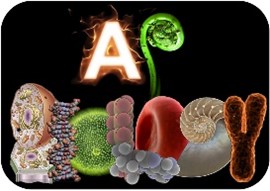
Designed to be the equivalent of a two semester college introductory biology course usually taken by biology majors during their first year. Provides students with the conceptual framework, factual knowledge, and analytical skills necessary to deal critically with the rapidly changing science of biology. The topics covered on the course are molecules and cells, heredity and evolution, and organisms and populations. Required: Yes / or
Prerequisites: Biology
Credit: 2.0 | Year Long
Grades: 10-12or Anatomy/Physiology
or Forensic Science
or ZoologyAP Chemistry 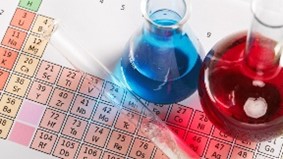
This course is designed to be the equivalent of the general chemistry course usually taken during the first college year. Students study topics related to the structure and states of matter (atomic theory, atomic structure, chemical bonding, nuclear chemistry, gases laws, kinetic molecular theory, liquids and solids and solutions), chemical reactions (reaction types, stoichiometry, equilibrium, kinetics, and thermodynamics), and descriptive chemistry (chemical reactivity, products of chemical reactions, relationships in the periodic table, and organic chemistry).
Required: Yes / or
Prerequisites: Chemistry
Credit: 1.0
Grades: 10-12or Anatomy/Physiology
or Forensic Science
or ZoologyAP Physics 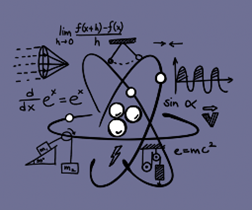
An algebra-based, introductory college-level physics course that explores topics such as Newtonian mechanics (including rotational motion); work, energy, and power; mechanical waves and sound; and introductory, simple circuits. Through inquiry-based learning, students will develop scientific critical thinking and reasoning skills.
Required: Yes / or
Prerequisites: Physics, AP Calculus
Credit: 1.0
Grades: 10-12or Anatomy/Physiology
or Forensic Science
or Zoology
-
Graduation Requirements Ⅲ. Science: 4 Units Required Biology [EOC] 1.0 Chemistry or Environmental Science
or Earth Systems or AP Course1.0 Physical Science or Physics 1.0 1 additional unit 1.0 Anatomy/Physiology or Forensic Science or
ZoologyAP Courses: Biology, Chemistry & Physics **4th Science credit can also come from
Essentials of Healthcare, Forest Science, or
JROTC Flight ScienceUpdated 2.15.22
-
Resources: Resources:

